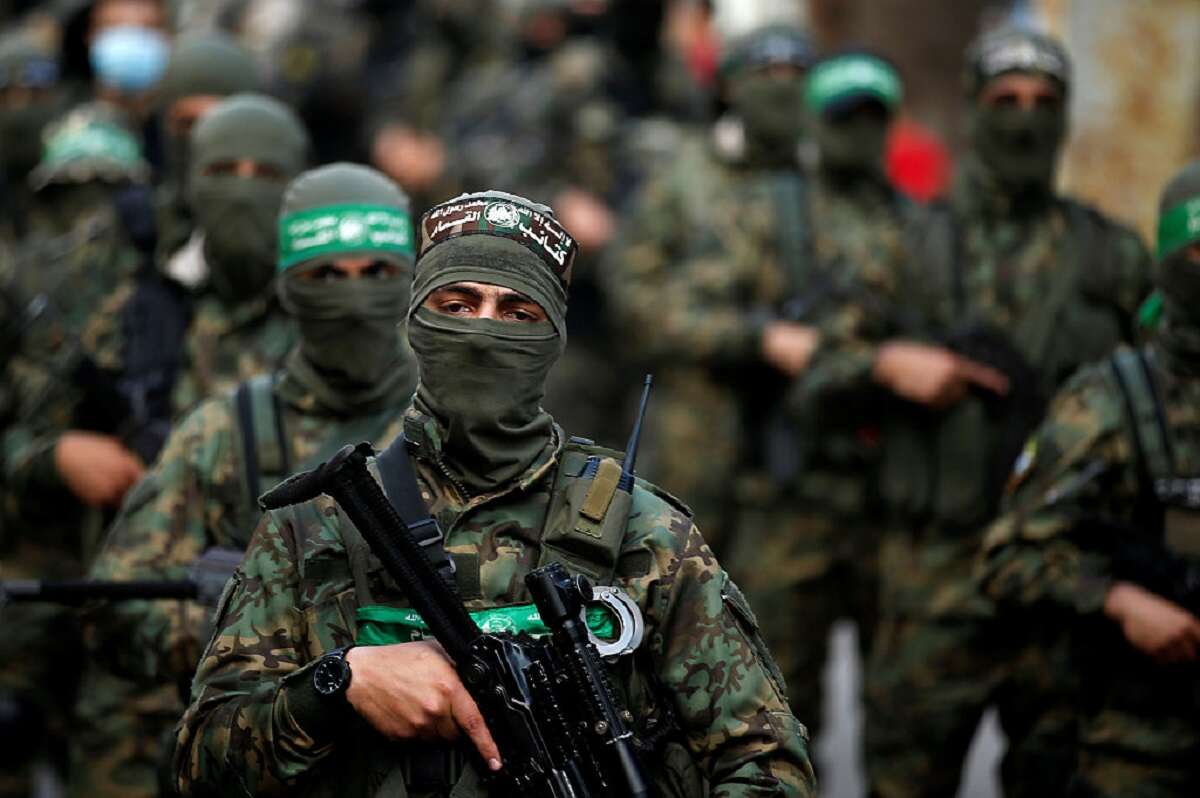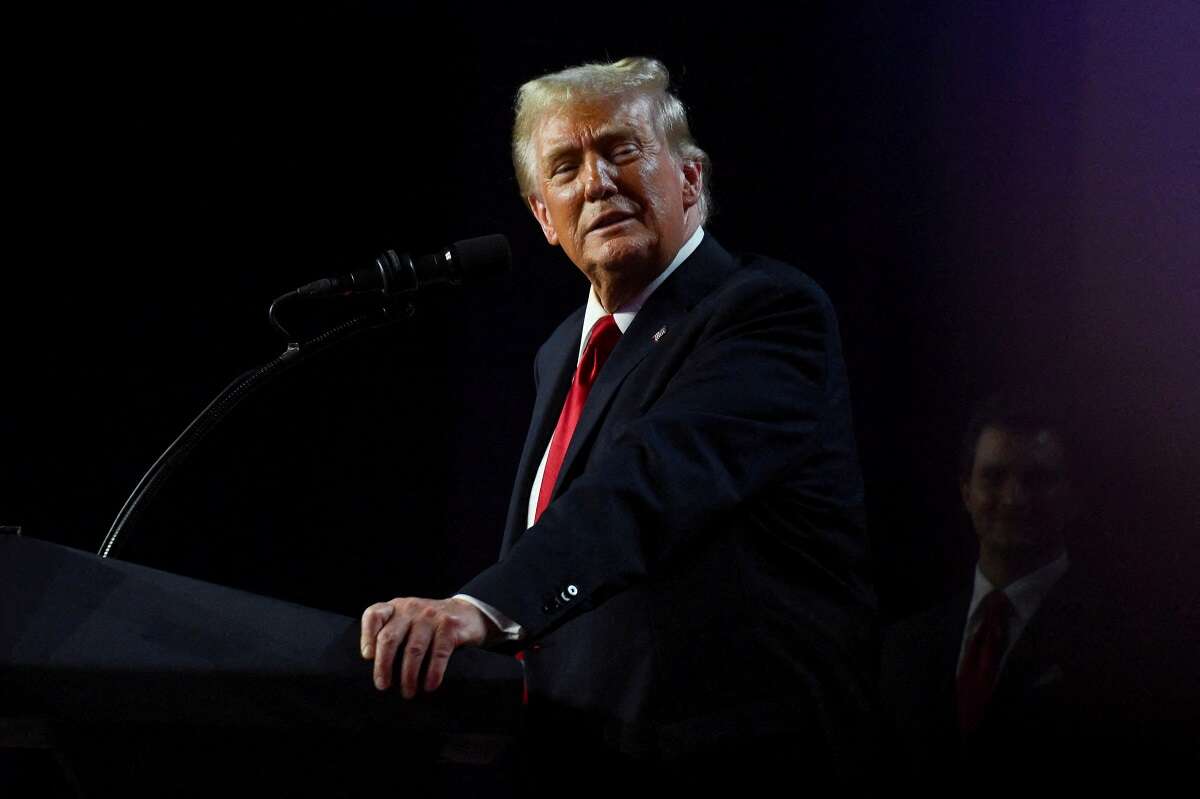Hamas is left with just one card, one final coin in its pocket. "This isn't the same Hamas as during the [Gilad] Schalit deal," a senior source has told me. "Back then, they had complete control of the [Gaza] Strip with all their mechanisms intact. What they received then was a bonus. In today's situation, Hamas would gladly give up the hostages – their last card – just to return to where they were before Oct. 7."
This perhaps offers a proportional perspective as we approach the hostage release deal. "No prime minister would want to be in this situation – deciding between the hostages and future dangers. Such a deal is always charged with many emotions."
But there's a broader view – we have nothing more to gain from prolonging the war, as we've already achieved the major objectives. As the past two weeks have shown, Israel is on the verge of stagnation in Gaza, with the cost being more casualties. This is the price of fighting that must continue until we get back our last hostage. I'm already looking at the days after the deal's implementation. The "day after" is far more relevant to us Israelis than the political goal of endlessly deliberating what will happen in Gaza afterward. For us Jews, the release of the hostages will fulfill one of the war's greatest achievements. At the war's start, it was very difficult to envision an ending where Hamas would be crushed, Gaza in ruins, and we would recover numerous hostages without leaving any living hostages in Hamas' hands.
We can't easily dismiss voices measuring the deal's worth against future dangers. But I have an answer to this. While Hamas may be like crabgrass – we haven't fully weeded the field – it has no offensive capability, and Gazan society as a whole has suffered losses beyond anything they imagined. Regarding the danger of released prisoners, Oct. 7 proved Palestinians have no shortage of mass murderers. What these cannibals learned is that the price of massacre and kidnapping is total war with destruction on a massive scale, including the killing of thousands of terrorists and unavoidable civilian casualties among those trapped as human shields for the murderous gangs.
This wasn't the case before. The Jibril deal in 1985 gave momentum to the outbreak of the first Intifada in 1987, and the Schalit deal created a sense among the enemy that they paid no price for kidnapping. Even those who reminisce about the achievements of the Yom Kippur War know that terrorism gained momentum afterward and the 1970s were full of mega-attacks.

This time conditions are such that the Israeli government and IDF will exact heavy prices up to renewing the campaign in Gaza if any offensive actions are taken.
"Oct. 7 requires us to end the containment policy," Jerusalem officials promise. "This means we'll act not just in case of direct attack, but also against attempts to rearm."
The challenge lies with the government, as military response could create friction with the American administration, and facts will need to be established. "Gaza will be treated like Tulkarm. Activity in Gaza will become routine security," say Jerusalem officials. Around 5 p.m. Wednesday, Hamas' response to the formulated agreement hadn't been received, despite all the chatter that suddenly erupted at 2 p.m. Ministers were tensely awaiting a call from Prime Minister Benjamin Netanyahu's office to discuss and vote on the agreement.
The ongoing test will be maintaining the perimeter, which reduces the Strip's area by about 17%. The IDF won't be physically stationed there. It will control the area with a serious addition of forces. Rules of engagement haven't yet been determined for enforcing security in that kilometer-deep strip. The government wants to move to the next chapter – Iran. Will Israeli society wake up at the end of this process to different days? Considering the regional transformation resulting from the victory in the north, we can expect this. Eyes will be on Iran. The assessment is that President-elect Donald Trump will first attempt diplomatic efforts with Iran. The government doesn't give diplomatic moves high probability of success. "He'll try to bring them to their knees."
Final understandings haven't been reached with the Trump administration, which will take power next week. But senior Diplomatic-Security Cabinet ministers are pleased with what they're hearing from Trump's team. The international arena awaits clarity. Partially cloudy skies mean there's expectation of canceling arrest warrants against Netanyahu and former Defense Minister Yoav Gallant. The Hague courts' conduct toward Israel has greatly complicated the war on terror. The American administration will remove this obstacle. After completing the war's end process and hostage release, we'll be more united. Those who harm unity, including factions threatening government stability, will lose public support.
Which Trump will we get? The president-elect's conduct this past week should raise a red flag in Jerusalem. After the southern agreement and northern victory, Israel needs to harness Trump for decisive handling of Iran's nuclear program.

The hostages will be released, and perhaps this difficult chapter in our state's history will finally end. But as Trump's second term inauguration approaches, it seems he played a role here that raises a glaring red flag regarding his presidency and attitude toward Israel. His main pressure operated primarily on Israel. His threats of hell toward Hamas had less effect. Envoy Whitcof behaved rudely toward the prime minister, while saying Qatar's ruler "did God's work."
Trump wants this finished by his inauguration, and Israel is required to deliver. This teaches that US-Israel relations in Trump's second term could be more problematic than in his first. Israel won't be able to make concessions every time the president with grandiose aspirations wants to demonstrate his power and see results. Work and disruptions ahead.
Before his first term, interpretations and forecasts are remembered from at least two major Middle East and US-Israel relations experts, Aaron David Miller and Daniel Pipes. Both more or less predicted an explosion between Trump and Israel's government within about a year, and that the president would turn against Israel. This really didn't happen. Trump was the most supportive and friendly president ever to Israel. We must hope this will also be true in this presidential round. This time Trump arrives at the White House strong, self-confident, feeling he received an almost absolute mandate from the American people to lead, navigate, decide.
So much so that even outgoing President Joe Biden and his Secretary of State Antony Blinken are essentially aligning with him. Biden in his speech this week tried to claim Netanyahu's huge achievement for himself when declaring that Iran "was never as weak as today."
And Blinken in an American TV interview said, This is a moment of opportunity. Opportunity to solve long-term the nuclear challenge posed by Iran, but not just that, also to end all of Iran's actions in the region.
In other words, after Israel's victory on the northern front, two in one card – Hezbollah plus Syria – Blinken and Biden congratulate on the accomplished fact. Even General Aoun's election as Lebanon's president is a result of Hezbollah's eroded status to the point of collapse.

The question is what Blinken meant by "solve long-term." Since he didn't elaborate, it seems he's backing whatever "solution" Trump decides. This could be a nuclear agreement with real content that completely neutralizes Iran's nuclear project; or it could be a military blow to destroy nuclear facilities. Israel will again need to decide itself whether it gives Trump priority in moves he'll decide, or if it launches its own attack on the facilities. There's a sense that if Trump invests in ending the Gaza war, and tries to end the Ukraine war, he won't want to see the beginning of a wonderful new war.
Something positive in Trump's dominance: His threats will influence the next stages of the hostage release agreement. There are respected commentators who see holes in the agreement that could allow Hamas to escape executing the final release moves. It seems at this point the Trump effect will work in our favor. Does the agreement that will include ending the war and releasing all hostages hint at the direction of US-Iran negotiations? It's a reasonable possibility. But the current agreement affair presents Trump in a different light. He lost some of his credibility.
Like Then
"Since 1948 they haven't allowed us to achieve complete victory," Yitzhak Rabin accused the Americans already in 1975, in what seems as if said these very days. Even the administration change in Washington doesn't show expected change.
The one who defined without inhibitions America's dubious role in Israel's confrontations with the Arab world was Rabin. He is the founder of the genre of political or military leader who is first of all a commentator. In early 1975, quite at the start of his term as prime minister in the years after the Yom Kippur War, he spoke with an American reporter. I found the quotes in the State Archives, and it's unclear if Rabin's words were quoted in American publications.
"The war indeed broke out in surprise," he said, "but despite that, we were in a position where we could carry out a preventive air strike. We didn't execute this attack for a simple reason – in order not to find ourselves disconnected from the US. In the past 26 years Israel was limited in its use of military power to end the confrontation with the Arabs in the normal way wars are ended. Israel had the ability to end the conflict through military means, but since 1948 they haven't allowed us to achieve complete victory. And therefore, although we win on the battlefield, we don't have the power to translate our victories into complementary diplomatic arrangements. In the October War Egypt was on the verge of military collapse.
"Dr. Henry Kissinger and the US saved the Egyptians more than the USSR. The American strategy was to demonstrate to Anwar Sadat's eyes that Egyptian interests were in Washington, not Moscow. And Israel had to pay the price... We released the 3rd Army and made territorial concessions on the western bank of the canal and gave up part of the territory on the eastern bank."

The Persian Shah in his final days met in Mexico with former President Richard Nixon. This was already after the Shah's fall and several years after Nixon's resignation. "The Shah told me that what worried him about American policy wasn't whether the US was for or against him," Nixon quoted, "but the uncertainty that characterized American policy. There's nothing worse when you're confronting radical revolutionaries than uncertainty in the support you have.
"At one moment there are American declarations publicly and privately speaking of absolute support. The next day – a leak from a high-ranking source telling that mid-level officials are meeting with Khomeini, whose goal is to overthrow the Shah. Another day and more leaks about the US being ready to accept any government formed in Tehran if the Shah leaves Iran. The effect of all these things is encouragement to his enemies, and in parallel weakening and suppressing the spirit of his supporters. What happened to the Shah, and this is how it was understood in the Middle East and the world in general – that it's dangerous to be America's friend, and on the other hand – it pays to be its enemy."
Nixon told that the Shah expressed puzzlement about liberal Jews in media, who harshly criticized him as a reactionary. "He couldn't understand this – since he was Israel's only friend in the region," and also assisted Israel and the US with fuel supply.
Rabin and Nixon, who quite liked each other, describe in their words the current reality as well. It's unclear if Trump fundamentally really signals change.




